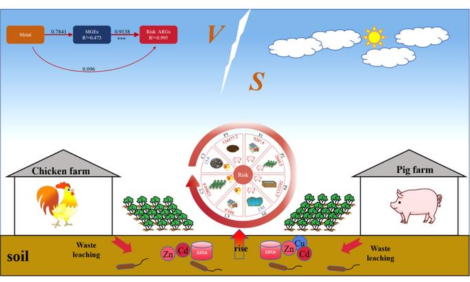



Animal Welfare and its Effects on Carcase and Meat Quality
Several initiatives, including research and development, increasing stakeholders' awareness and application of legislation and recommendation, have been carried out in Latin America to promote animal welfare and meat quality.Most activities focused on the impact of pre-slaughter conditions (facilities, equipment and handling procedures) on animal welfare and meat quality.
According to a study by Mateus J.R. Paranhos da Costa from Grupo ETCO, Faculdade de Ciências Agrárias e Veterinárias, UNESP, Stella M. Huertas from the Universidad de la República, Carmen Gallo from the Universidad Austral de Chile and Osmar A. Dalla Costa from Embrapa Suínos e Aves the results are encouraging.
Data from Brazil, Chile and Uruguay showed that the application of the improved pre-slaughter handling practices reduced aggressive handling and the incidence of bruised carcasses at slaughter in cattle and pigs.
These outcomes stimulated some to apply animal welfare concepts in livestock handling within the meat production chain as shown by the increasing demand for personnel training on the best.
To attend this demand is important to expand local studies on farm animal welfare and to set up (or maintain) an efficient system for knowledge transfer to all stakeholders in the Latin America meat production chains.
However, the research team said that it is clear that to promote the long-term progress in this field it is important to deliver practical solutions, assuring that they match the technical and financial conditions of those who are the target of training programmes.
The full report, Strategies to promote farm animal welfare in Latin America and their effects on carcass and meat quality traits is published in Meat Science.
Further Reading
| - | You can view the full report (fee payable) by clicking here. |


